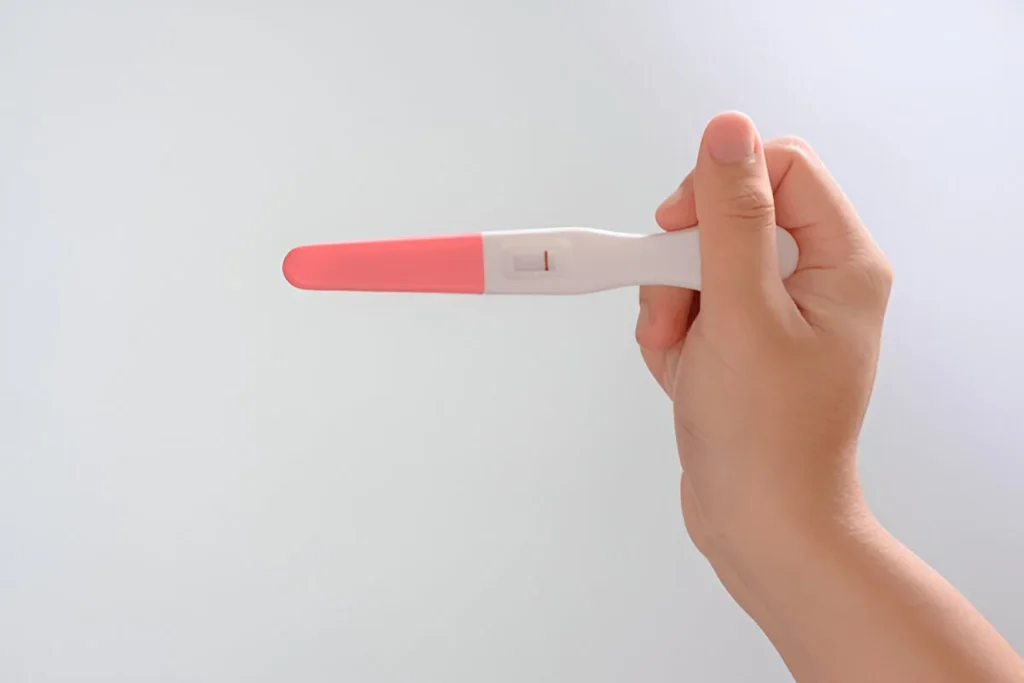
21 August, 2025
By User
Infertility in women is often linked to ovulation issues, lifestyle factors, or age. Learn about common causes and when to consult a reputed gynecologist.
Infertility is a challenge faced by many couples today, and in many cases, women find themselves carrying the weight of unanswered questions and emotional struggles. While it is often thought of as a rare or complex condition, infertility in women is more common than most people realize. Understanding its causes is not only important for treatment but also for prevention, lifestyle management, and emotional well-being.
This guide explores the most frequent causes of infertility in women, highlights the role of early diagnosis, and answers some of the most pressing questions women have about reproductive health.
Infertility in women is generally defined as the inability to conceive after 12 months of regular, unprotected intercourse. However, for women over the age of 35, this window is reduced to 6 months. It’s important to note that infertility is not always permanent—many cases can be diagnosed, managed, and even reversed with proper medical care.
Reproductive health is influenced by several interlinked factors, such as hormonal balance, lifestyle, underlying medical conditions, and age. Let’s take a closer look at the most common causes.

One of the leading causes of infertility in women is irregular ovulation. Without the release of an egg, conception cannot take place. Common conditions include:
The fallopian tubes play a critical role in transporting the egg from the ovary to the uterus. If blocked or damaged, fertilization cannot occur. Causes may include:
Endometriosis occurs when tissue similar to the lining of the uterus grows outside it. This can cause:
Endometriosis often leads to painful periods, but in many women, infertility is the first noticeable sign.
Structural abnormalities in the uterus or cervix can make it difficult for sperm to travel or for an embryo to implant successfully. Examples include:
Age remains one of the most critical influences on fertility. Women are born with a finite number of eggs, and both the quantity and quality of eggs decline with age, especially after the age of 35.
Modern lifestyles play a significant role in infertility in women. Some common influences include:
In about 10–15% of cases, no specific cause is identified despite thorough testing. This can be particularly frustrating for couples but often improves with lifestyle changes, fertility treatments, or assisted reproductive technologies (ART).

Diagnosis usually involves a series of tests, including:
An early and accurate diagnosis makes treatment much more effective.
Depending on the cause, treatment may include:
The journey is unique for every woman, and a personalized treatment plan is often the best approach.
While information is widely available online, infertility is deeply personal and requires specialized expertise. Consulting a trusted medical professional ensures:
In North Kolkata, women often seek advice from the Best Gynecologist in North Kolkata, who not only brings expertise in reproductive medicine but also provides compassionate, tailored care.

Q1. What is the most common cause of infertility in women?
The most frequent cause is ovulation disorders, often linked to PCOS, thyroid imbalance, or hormonal issues.
Q2. Can lifestyle changes improve fertility?
Yes. Maintaining a healthy weight, reducing stress, avoiding smoking and alcohol, and following a balanced diet can improve fertility outcomes.
Q3. At what age does fertility decline most significantly?
Fertility begins to decline in the early 30s and drops more sharply after 35.
Q4. Does infertility mean I will never conceive?
No. Many women with infertility are able to conceive with the right treatment and medical support.
Q5. Can infertility be prevented?
Not all cases are preventable, but maintaining a healthy lifestyle, seeking timely medical help, and managing conditions like PCOS or thyroid disorders early can reduce risks.
Infertility in women is a complex condition influenced by many factors—ranging from hormonal disorders and structural issues to age and lifestyle. While it can feel overwhelming, the good news is that modern medicine offers a wide range of effective treatments.
Early diagnosis and timely medical guidance make a world of difference. By paying attention to menstrual cycles, seeking medical help for irregularities, and maintaining a healthy lifestyle, women can take proactive steps toward safeguarding their reproductive health.
The journey may not always be easy, but with the right knowledge and support, countless women have gone on to experience healthy pregnancies. What matters most is not losing hope and seeking expert guidance when it’s needed most.